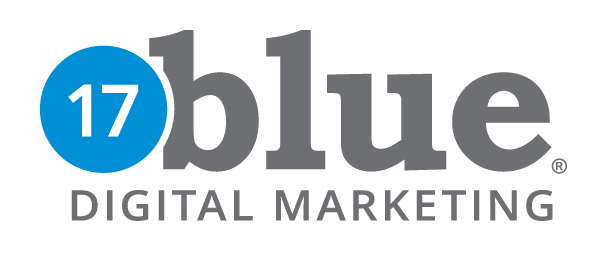Search engine optimization never stands still. Algorythms shift. Consumer habits evolve. These dynamics shake up search and force us to examine SEO priorities. In 2016, let’s collectively retire these outdated strategies for SEO:
Thinking Search (only) means “Google”
General search is becoming obsolete. The term “search engine” has traditionally been synonymous with Google, but search has now grown to include any online community, website, or app where your target market can be found. Facebook is a search engine. Twitter is a search engine. Amazon, YouTube, and Wikipedia are all search engines, as well. Digital assistants such as Apple’s Siri and Microsoft’s Cortana are transforming search – providing information quickly, and without the delay of being routed to another website.
Focusing on the Desktop
In 2015, desktop searches were surpassed by mobile, and the Mobilegeddon update from Google began what will ultimately phase-out websites that aren’t mobile-friendly. Browsing, mapping and buying now happen most on mobile. You can’t afford to relegate mobile devices to second-place status. A responsive website is the preferred solution, since it is designed to provide an optimal experience across a wide range of devices, and endures no ranking penalty. Google has practically abandoned desktop-focused SEO, and you should too in 2016 and beyond.
Only Optimizing Your Website
Of course your site should be search engine friendly – but that’s only one piece of the SEO puzzle. Social media is key to search engine visibility, and it serves as a powerful external channel to boost inbound website traffic. Search engines are now embracing social media searches, posts and hashtags like never before. This is evidenced by tweets manifesting in search results. A well-placed tweet on a SERP offers a brilliant opportunity to generate increased brand awareness and inbound traffic.
Ignoring User Experience (UX)
On-site optimization is all about the user experience. If a change makes your site faster, more secure, and easier to use, it’s probably good for SEO. While some forms of information-based content are now available from automated sources, in-depth exploration of your niche topics will continue to set your business apart. People will always crave new viewpoints, insights, entertainment and personality. It’s your job to give it to them in 2016.
Search engine optimization in 2016 will require a mental shift. Consumer preferences are changing, and your SEO strategies should change right along with them. Successful companies look beyond search engine rank today, offering a user experience that converts fans into brand ambassadors today and tomorrow.




